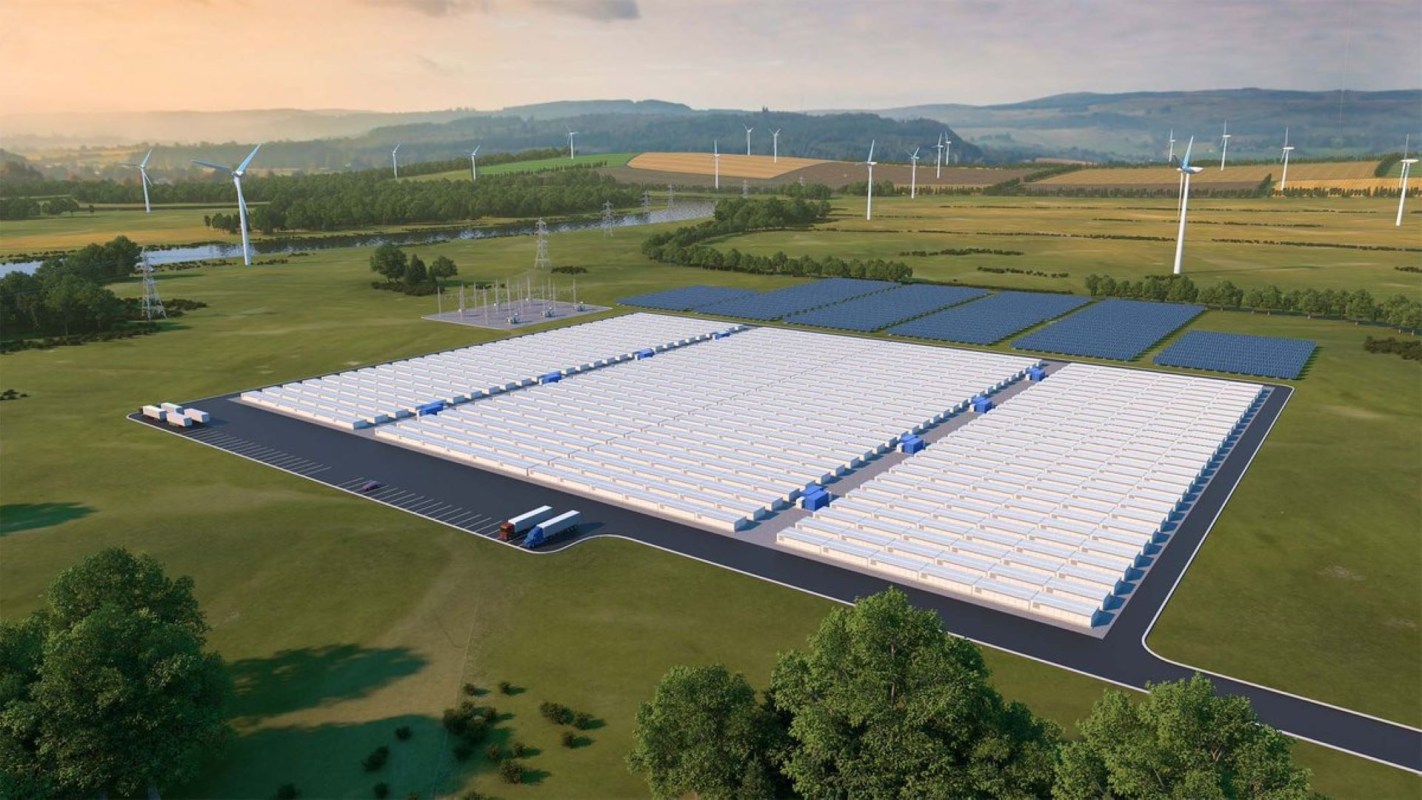Xcel Energy is turning two former coal plants into "long-duration energy storage" sites in Colorado and Minnesota, reports Business Wire.
Burning coal releases carbon dioxide, a heat-trapping gas, into the atmosphere — which makes coal plants an obvious focus for efforts to stop air pollution. As more states turn to affordable, eco-friendly energy sources like wind and solar, some older power plants are closing down.
But while these sites no longer produce power, the facilities are still connected to the electrical grid, providing opportunities to convert them to cleaner alternative uses.
That's what Consumers Energy is doing with some retired coal plant sites in Michigan. And now, it's what Xcel Energy is working on in Colorado and Minnesota.
According to Business Wire, the sites in Becker, Minnesota and Pueblo, Colorado will each install a massive, multi-day storage system using revolutionary iron-air batteries made by Form Energy, Inc. This means that each site will be able to store massive amounts of power, then release it continuously over multiple days.
Currently, most electrical power in the U.S. comes from burning fuels like gas and coal — more than 60%, according to the U.S. Energy Information Administration. This type of energy production is continuous and can be increased or decreased on demand.
But affordable energy sources like wind and solar depend on the weather, the season, and the time of day. For example, most solar panels stop producing power at night, just when homeowners want to turn their lights on.
To switch to these methods of generating power, electrical companies not only need to add solar panels and windmills, but they also need to add batteries. That way, they can save up energy while it's being produced and send it out when it's needed.
The push to choose more affordable energy sources is great news for residents who may see a difference in their power bills. The reduced pollution is also a win, as it will help slow the rate of rising temperatures worldwide. And Xcel Energy's customers can expect more improvements.
"We're on track to reduce our electric system carbon emissions 80% by 2030," Bob Frenzel, president and CEO of Xcel Energy, said in a press release, "and to deliver carbon-free electricity by 2050."
Join our free newsletter for cool news and actionable info that makes it easy to help yourself while helping the planet.









